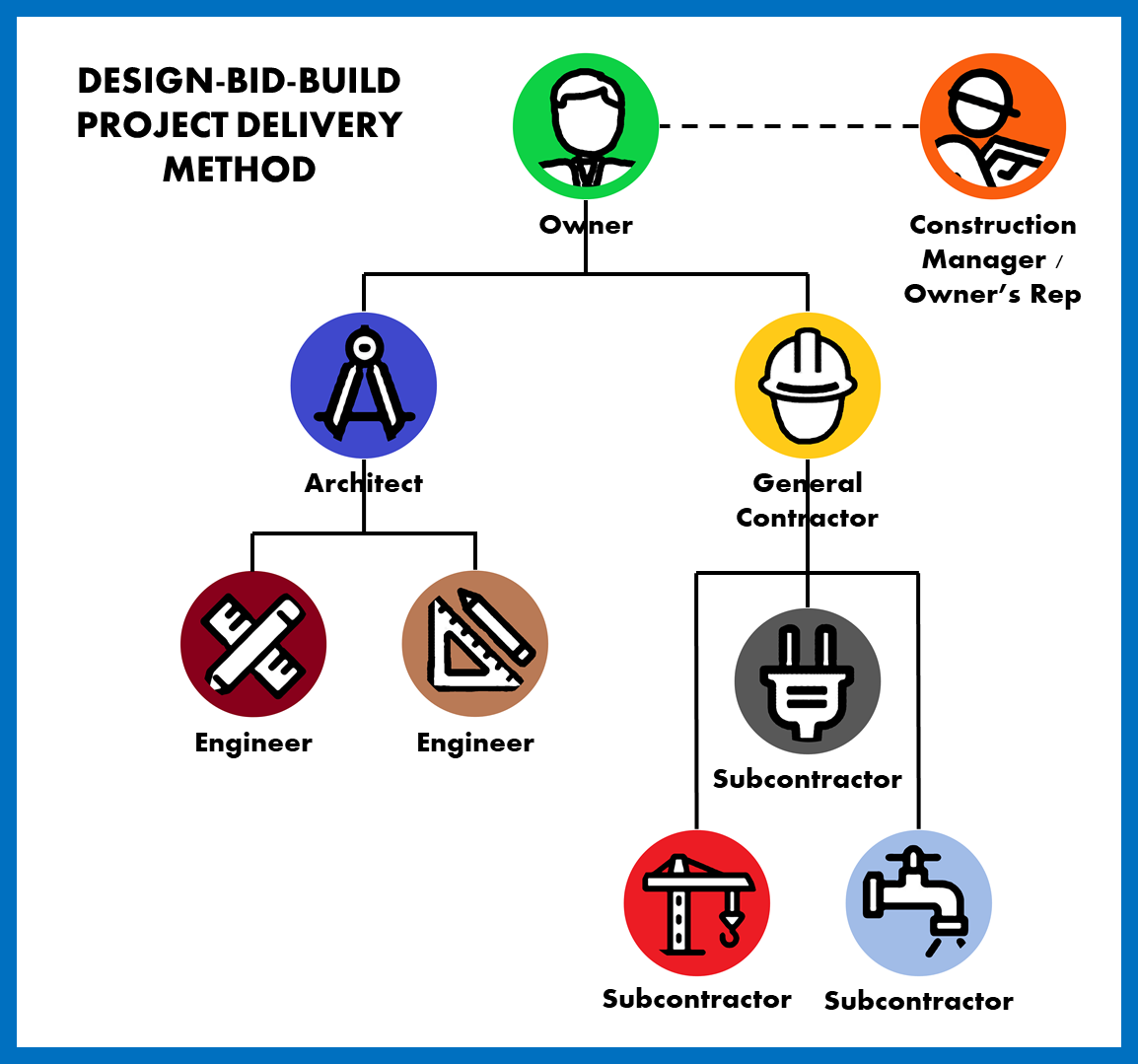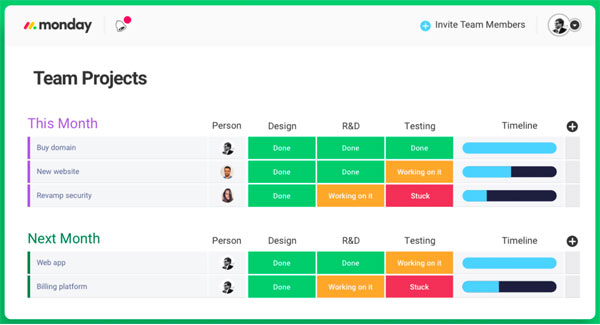
A great way to demonstrate your knowledge of business operations is to add hr experience to a resume. Even if it's not the same position, you can learn valuable skills and knowledge about human resources that you can then apply to other jobs. Human resources experience is not only a valuable asset on your resume but can also help you gain a business perspective.
Career opportunities in human resources
There are many career options available in the field human resources. Some are generalist opportunities, while some are specialized. Individuals who want to specialize in human resources may start as assistants or associates and move up to manager. For the most part, though, the best way to advance in this field is by accumulating a broad range of experience in different functions and specialties.

The value of the hr experience
Employers can benefit from the experience of HR professionals. They can enhance the company's culture via employee engagement and well being initiatives. They may be able gain insight into their business units. In some cases, HR may not be the only department involved in culture initiatives, but they can be valuable because they have a unique perspective.
Resume format for hr professional
A resume for an HR professional should include information regarding your employment history and your achievements. The most recent position should be included first. Also, include a section on your skills. It is important that you list all of your achievements in education. You should list your highest degree first, then the other degrees. Your degree should be listed along with the date it was completed. You can also specify which courses and trainings you completed, including any that relate to the type of work you are seeking.
Salary for HR professionals
With certifications and experience, the salary of HR professionals can vary greatly. SHRMCP certified professionals typically earn a higher income. These professionals are more educated and have more experience. They are more capable of implementing and leading HR policies and have greater responsibility. In addition, these professionals can expect more upward mobility. While salary increases for SHRM-CP certified professionals can be substantial, it is not always guaranteed. Many SHRMCP-certified professionals earn more that $154,000 per annum.
Requirements for hr Jobs
If you are considering a career with HR, you may be wondering about the requirements you will need. A bachelor's degree in human resources or business will give you a great start. However, each position has its own requirements. These requirements will vary from employer-to-employer and can include experience or language skills.

Resources for hr professionals
HR professionals can broaden their knowledge by reading newspapers and other publications related to their profession. These publications provide daily news updates and in-depth coverage of important laws and legislation impacting your industry. These publications also contain articles that address issues faced by local/regional businesses. In addition, they provide important information on employment laws, regulations, and strategies for avoiding or addressing problems that may arise.
FAQ
What is the difference between Six Sigma Six Sigma and TQM?
The main difference between these two quality-management tools is that six-sigma concentrates on eliminating defects while total QM (TQM), focuses upon improving processes and reducing expenses.
Six Sigma is an approach for continuous improvement. This method emphasizes eliminating defects using statistical methods such p-charts, control charts, and Pareto analysis.
This method attempts to reduce variations in product output. This is accomplished through identifying and correcting root causes.
Total quality management involves measuring and monitoring all aspects of the organization. It also includes the training of employees to improve performance.
It is often used to increase productivity.
What are the 5 management processes?
These five stages are: planning, execution monitoring, review and evaluation.
Planning means setting goals for the long-term. This includes setting goals for the future and defining what you want.
Execution is the actual execution of the plans. These plans must be adhered to by everyone.
Monitoring is the process of evaluating your progress toward achieving your objectives. Monitoring should include regular reviews of performance against goals and budgets.
At the end of every year, reviews take place. They provide an opportunity to assess whether everything went well during the year. If not then, you can make changes to improve your performance next year.
After each year's review, evaluation occurs. It helps identify what worked well and what didn't. It provides feedback about how people perform.
How can a manager motivate his/her staff?
Motivation refers to the desire to perform well.
You can get motivated by doing something enjoyable.
You can also get motivated by seeing your contribution to the success or the improvement of the organization.
You might find it more rewarding to treat patients than to study medical books if you plan to become a doctor.
Another type of motivation comes from within.
One example is a strong sense that you are responsible for helping others.
Maybe you like working hard.
Ask yourself why you feel so motivated.
Then think about how you can make your life more motivating.
How do you effectively manage employees?
The key to effective management of employees is ensuring their happiness and productivity.
It also means having clear expectations of their behavior and keeping track of their performance.
To do this successfully, managers need to set clear goals for themselves and for their teams.
They must communicate clearly with their staff. And they need to ensure that they reward good performance and discipline poor performers.
They should also keep records of all activities within their team. These include:
-
What did we accomplish?
-
How much work were you able to accomplish?
-
Who did it and why?
-
Was it done?
-
Why was this done?
This information can help you monitor your performance and to evaluate your results.
What are management concepts, you ask?
Management concepts are the fundamental principles and practices that managers use when managing people and their resources. These include topics such as human resource policies and job descriptions, performance assessments, training programs and employee motivation.
What is TQM?
The quality movement was born during the industrial revolution when manufacturing companies realized they could not compete on price alone. To remain competitive, they had to improve quality as well as efficiency.
To address this need for improvement management created Total Quality Management (TQM) which aimed to improve all aspects of an organization's performance. It included continuous improvement, employee involvement and customer satisfaction.
Statistics
- The average salary for financial advisors in 2021 is around $60,000 per year, with the top 10% of the profession making more than $111,000 per year. (wgu.edu)
- The BLS says that financial services jobs like banking are expected to grow 4% by 2030, about as fast as the national average. (wgu.edu)
- 100% of the courses are offered online, and no campus visits are required — a big time-saver for you. (online.uc.edu)
- The profession is expected to grow 7% by 2028, a bit faster than the national average. (wgu.edu)
- As of 2020, personal bankers or tellers make an average of $32,620 per year, according to the BLS. (wgu.edu)
External Links
How To
How do I do the Kaizen Method?
Kaizen means continuous improvement. The term was coined in the 1950s at Toyota Motor Corporation and refers to the Japanese philosophy emphasizing constant improvement through small incremental changes. It's a process where people work together to improve their processes continuously.
Kaizen, a Lean Manufacturing method, is one of its most powerful. Employees responsible for the production line should identify potential problems in the manufacturing process and work together to resolve them. This is how you can improve the quality and lower the cost.
The main idea behind kaizen is to make every worker aware of what happens around him/her. Correct any errors immediately to avoid future problems. If someone is aware of a problem at work, he/she should inform his/her manager immediately.
When doing kaizen, there are some principles we must follow. When working with kaizen, we always start with the end result and move towards the beginning. We can improve the factory by first fixing the machines that make it. We then fix the machines producing components, and the machines producing raw materials. And finally, we fix the workers who work directly with those machines.
This method is known as kaizen because it focuses upon improving every aspect of the process step by step. Once we have finished fixing the factory, we return to the beginning and work until perfection.
Before you can implement kaizen into your business, it is necessary to learn how to measure its effectiveness. There are many ways you can determine if kaizen has been implemented well. One of these ways is to check the number of defects found on the finished products. Another way is to see how much productivity has increased since implementing kaizen.
To determine if kaizen is effective, you should ask yourself why you chose to implement kaizen. Was it just because it was the law or because you wanted to save money? You really believed it would make you successful?
Let's say you answered yes or all of these questions. Congratulations! You're ready to start kaizen.